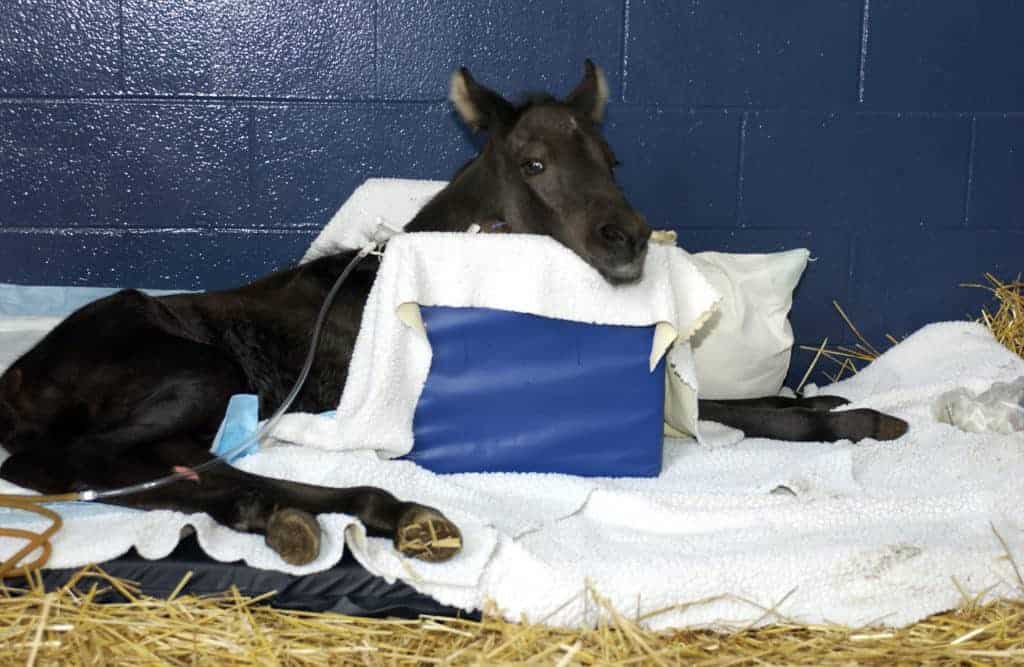More Security in Place for Travers Stakes Starters
Among the measures is early out-of-competition blood testing for banned substances.
Among the measures is early out-of-competition blood testing for banned substances.
KHRC Medical Director Mary Scollay, DVM, gave an introduction to the Mid-Atlantic Uniform Medication Program.
Panelists said public perception is based on biased representation by press and industry organizations.

The Jockey Club recommended that all U.S. racing jurisdictions pledge to adopt a uniform medication program.

Dr. Chris Sanchez reviews recent top research papers published focusing on foal health.
The genetic integrity of North American-bred horses doesn’t seem to have been affected by race-day medication.

The Jockey Club will provide funds to some racing jurisdictions to step up out-of-competition drug testing.
The BHA concluded its investigation into “Sungate,” a veterinary product which contains an anabolic steroid.

Many of horse racing’s top owners again pledged to race their 2-year-olds without race-day medication.

RCI voted to approve model rules that create a points system and enhanced penalties for drug violations.

Did you know the rate of death for horses under general anesthesia is 100 times greater than humans? Horse size and history makes a difference. Learn that and more about field anesthesia from specialist Dr. Nora Matthews of Texas A & M.
An official explains why confidentiality is used when setting medication thresholds and withdrawal times.

Regulatory administration of race-day anti-bleeding medication has provided a clearer picture of drug testing.
The Kentucky Horse Racing Commission approved a “rapid response” protocol to examine emerging illegal drugs.
The model rule represents a plan to provide appropriate penalties for violations of medication regulations.
The regulations are a “living document” that likely will be adjusted based on industry needs, one group says.
Stay on top of the most recent Horse Health news with
"*" indicates required fields